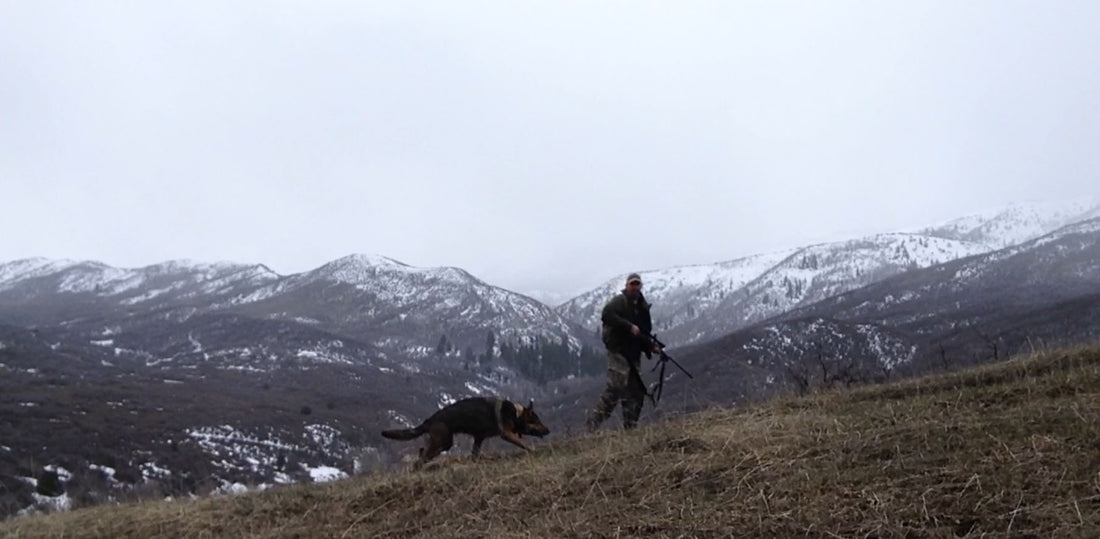
Preparing for Contention & Chaos - Part 3
Share
In Part 2 we basically started completing a Threat Analysis for your life. You'll notice that so far we haven't even started talking about gear and equipment. I feel when it comes to preparation and readiness, we often get the cart before the horse. We focus on guns, gear, and equipment, but little thought into the mindset and mental preparation. It's like going to the hardware store and buying a bunch of cool new tools and then saying, "Ok, what am I going to build?"
Men tend to do this a lot. Many of us are naturally drawn to tools, equipment, weapons and gear. We just want it because it's cool. And that's fine, but when it comes to self-defense and preparedness, we need to be able to differentiate from what's practical and what is just cool.
In Part 2 we talked about coming up with plans for dealing with threatening situations. The need should drive your plan. Your plan should drive your tactics and your tactics should drive the gear and equipment you will need… not the other way around.
This assessment requires a realistic understanding of the threat and possible solutions. Additionally, you need to try and assess possible outcomes and consequences. Once you have a realistic assessment then begin to look at what tools and equipment will help you.
There are thousands of cool gadgets and tools out there… and the world is designed to take your money. Just because something is made for self-defense and preparedness doesn't mean it's effective or even a good idea.
As a police officer, I routinely see products made for law enforcement that are worthless or dangerous. Many are made by well-intentioned people who simply don't understand the environment and situation we work in. People see a market, have an idea and believe they can make money with it. But due to their lack of experience, their product is not a good idea. I see this a lot in self-defense, survival, and preparedness equipment.
When evaluating equipment, you need to think about what it actually gives you. What advantage, capacity, or ability does it give you? Does it require something else to go along with it? Like a gun… it needs ammunition or it doesn't do much for you. Or a generator… it requires gas.
You also need to consider the learning curve involved with any new item or piece of equipment. Do you already know how to use it? If not, what's involved in learning how to use it? Simply owning power tools does not make me a carpenter. Owning musical instruments does not make me a musician. Owning guns and survival equipment does not make you prepared. Knowing how and when to use it makes you prepared.
